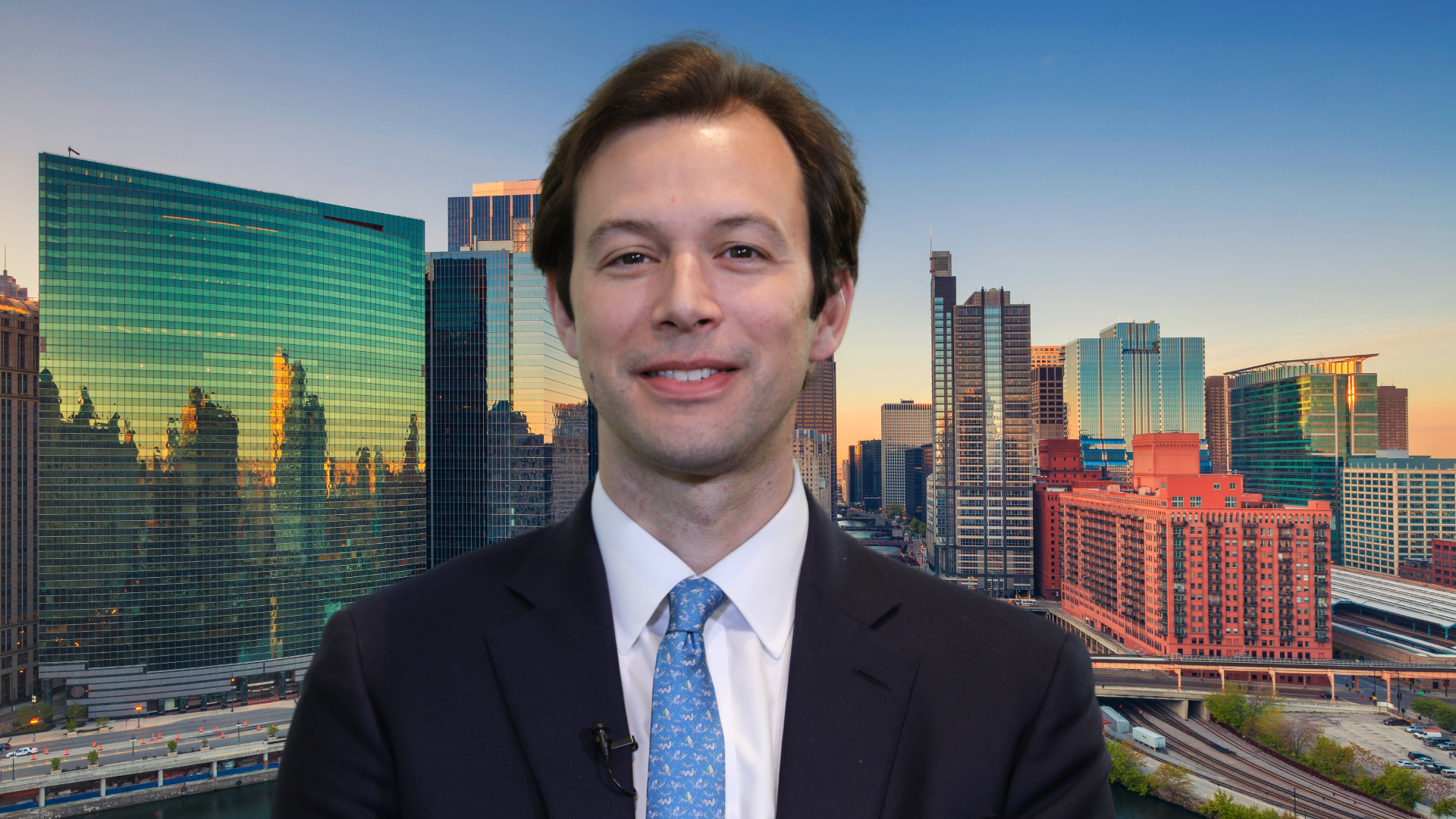Why cash has no upside - and where it should be put to work instead
This interview was taped on Wednesday 5 June 2024.
Understanding inflation, interest rates, and recessions is crucial. But what really counts is how these ideas turn into actual trades. Sometimes, people get too caught up in analysing every little detail of central bank statements or economic data, which can lead to big swings in the markets and confusion for investors.
In addition, investors who are especially cautious with their money might wonder why they should step away from safe investments like term deposits or money market funds, especially when the yield you can claim is better than it has been in years.
This is a question Adam Grotzinger, Senior Fixed Income Portfolio Manager at Neuberger Berman, hears all the time. So how does he respond?
"For one, central banks are done hiking in our view, and the next round is cutting. If you contextualise a cash investment versus moving out the curve in that environment, there is no more upside to staying in cash in terms of additional yield. This is the maximum you're ascertaining and if you want to have durability to your income, owning a five-year bond may be a better proposition to cash," Grotzinger says.
As he put it, would you rather own five one-year bonds or one five-year bond that is 50 basis points cheaper than the one-year bond? The latter is both a more efficient trade and superior if you want to lock in those yields now.
"A cash investment has no price upside. It's just income. But in a two or five-year bond, there is additional price return if interest rates start going down," he adds.

The opportunity in global bonds versus global credit
In this interview, Grotzinger will share how the divergence between economies and central banks is playing out in his team's portfolios. We'll discuss where in the curve he is finding opportunities, the mystery of why bond markets are correlating even if the underlying economy isn't, and why it presents a price dislocation worth acting upon.
In addition, we'll take a deep dive into global credit - a market where spreads in the highest quality products remain tight despite the uncertain economic outlook.
It is here, Grotzinger says, where one of the most under-discussed risks still lies - idiosyncratic credit risk (read: black swan corporate changes).
"Whether that's M&A activity increasing in the investment-grade corporate universe and the risks that it proposes or in non-investment-grade markets, defaults are rising but still within an average normalised rate. But that's not to say there aren't any landmines there," Grotzinger tells me.
The underpriced income opportunity
To wrap the interview up, Grotzinger tells me about an underpriced asset class that he thinks could provide opportunities for a globally-minded fixed income investor.
Exploiting mispriced sectors
Investing in the Neuberger Berman Strategic Income Fund provides access to a diversified, multi-sector fixed income strategy that seeks high income and an attractive total return from flexible sector and intra-sector asset allocation across global fixed income markets.

3 topics
1 fund mentioned
1 contributor mentioned


